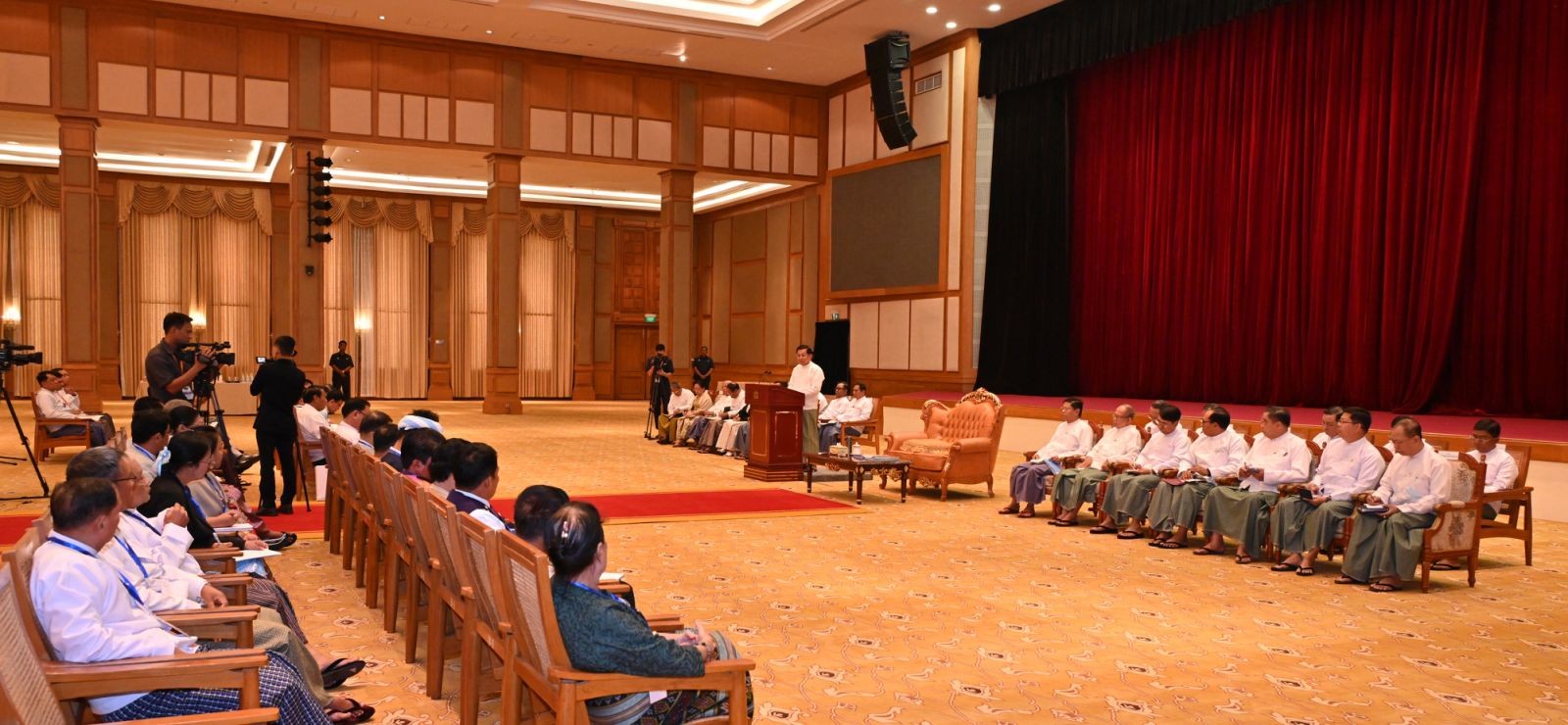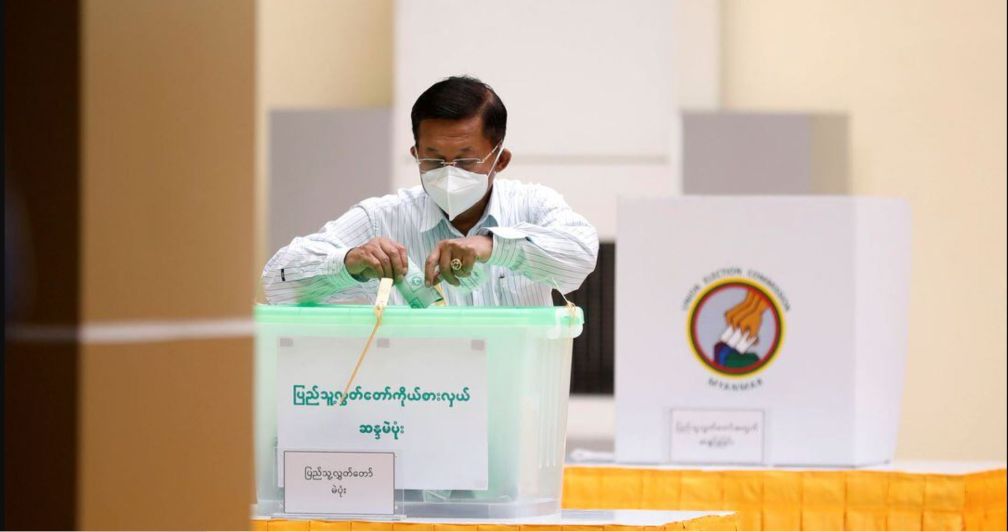CNI News
30 May 2025
In the context of Myanmar's many armed conflicts, it was necessary to consider whether the multi-party system is pushing the country to an extreme, Dr. Aye Maung, chairman of the Arakan National Front (AFP), told CNI News.
In the current situation where armed conflicts are rampant in our country, we need to consider whether the multi-party system is pushing us towards an extremity, whether it is making the freedom of a nationality and rebuilding the country of a nationality fall aparts. We are not yet mature in our experience of democracy.
“Look at the two governments that came into power under the 2008 constitution. Did the NLD government follow the agreements and commitments made during the U Thein government? Did the NLD government reject them and then act in contempt, or ignore them? We have to think about the Myanmar Tatmadaw in this way. When a multi-party democracy is not mature, the opposition is suppressed.by words. Multi-party democracy is a necessity in places with many ethnic groups. It is a multi-party democracy that can push nationalism to the extreme, so we need some controls," said Dr. Aye Maung

While the SAC Chairman Senior General Min Aung Hlaing was meeting with political parties
After the Myanmar Tatmadaw seized power in 1962, General Ne Win formed the Burma Socialist Programme Party, which ruled Myanmar under a one-party system until 1988.
Then, a large-scale uprising by the entire public erupted, leading to the historic 8888 Uprising.
As a result, the Myanmar Socialist Programme Party system was also dissolved, and on September 18, 1988, the Myanmar Army, led by Senior General Saw Maung, seized power and formed the State Law and Order Restoration Council (SLORC) to govern the country.
Then, on May 27, 1990, the Union of Myanmar held a multi-party democratic general election.
National Democratic Force (NDF) Vice Chairman U Htet Aung Kyaw told CNI News that the current situation in the country requires a thorough treatment of the root causes of political unrest rather than being caused by multi-party politics or one-party politics.

While the SAC Chairman Senior General Min Aung Hlaing was casting his vote in the election.
"Rather than because of one party or multi party system, we need to be able to address the root causes of political unrest. Multi-party system was practised before one-party system. Because the one-party system was not convenient, the 88 Uprising emerged. So, the key question is how all the ethnic groups will negotiate with each other. If the implementation of a one-party system cannot solve this political problem, armed revolution and war will not end." he said.
Multi-party democratic elections will be held firmly and cooperation only is needed, not opposition, the SAC Chairman Senior General Min Aung Hlaing said on March 9, 2025. In addition, the SAC Chairman Senior General Min Aung Hlaing has said that elections will be held in Myanmar between December 2025 and January 2026.
The National Unity Government (NUG), the National Unity Consultative Council (NUCC), some ethnic armed organizations (EAOs), the People's Defense Forces (PDF), and pro-democracy activists, who are fighting to overthrow the SAC and the Myanmar Tatmadaw, have declared that they will surely sabotage the elections to be held by the SAC.




